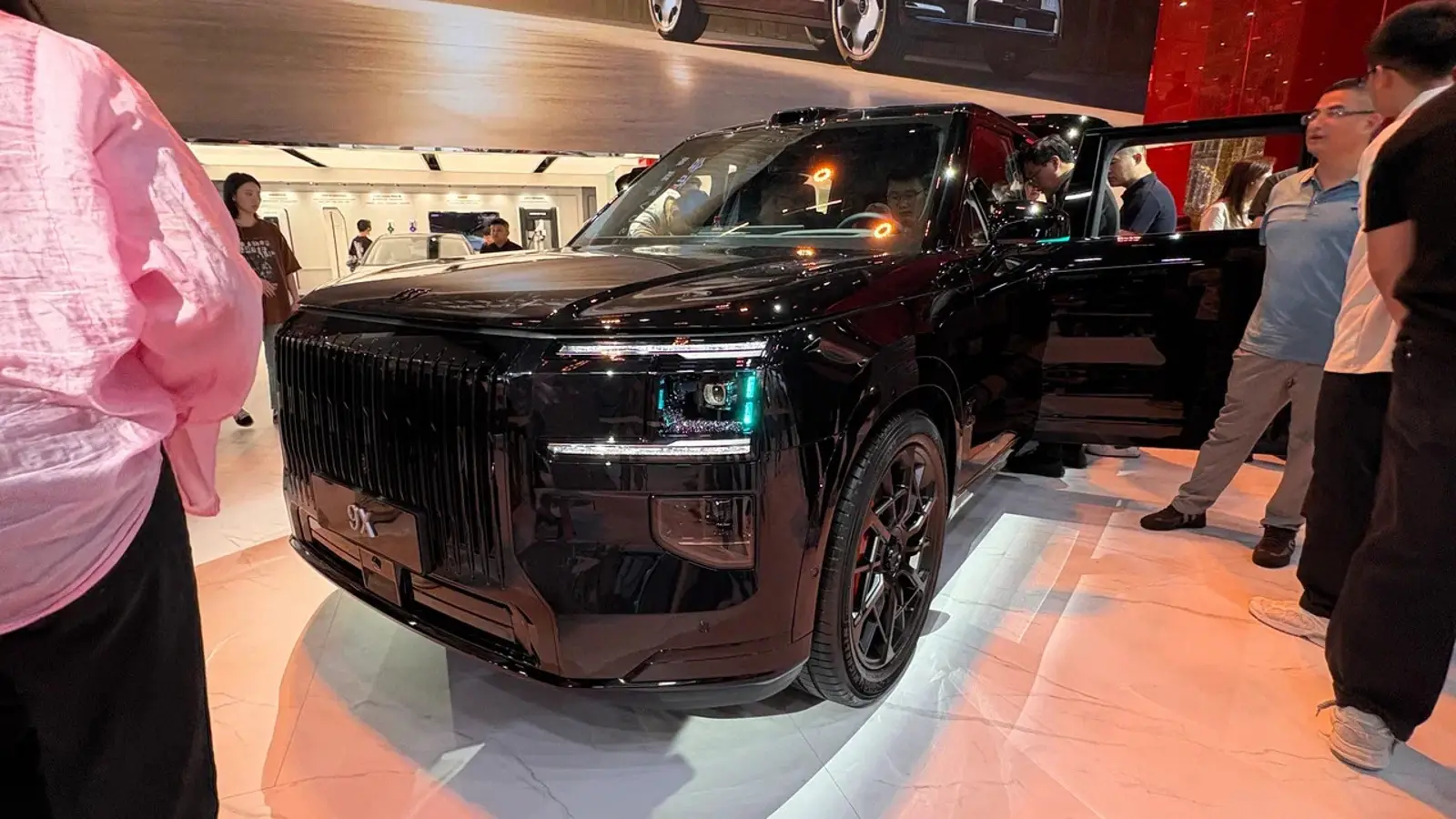Chinese EV makers eye the U.S. market, leveraging low prices and fast production to challenge American automakers.

China’s electric vehicle makers, led by BYD and Geely, are poised to enter the U.S. market as trade talks progress. Analysts warn that affordable Chinese EVs could reshape America’s auto industry.
China’s electric vehicle makers are edging closer to the U.S. market, and price is their sharpest weapon. Over the past five years, China has transformed from a domestic powerhouse into the world’s largest car exporter, increasing shipments by 750%. According to analyst Michael Dunne, Chinese automakers will export around 7.5 million vehicles in 2025. Until now, the U.S. has remained off-limits due to high tariffs, but experts suggest that a future trade deal could finally open the gate.
Negotiations between Washington and Beijing are still ongoing, while the Trump administration shows no sign of easing import duties—in fact, further hikes are being considered. Yet analysts agree the question is not if but when Chinese brands will arrive on American soil.
BYD, Geely, and Great Wall have already established strong positions in Latin America and Europe. In Mexico, BYD holds about 20% of the new-car market, while Chinese brands have seen a 91% sales increase in Europe. BYD’s planned factory in Mexico remains under review but is viewed as a potential bridgehead for entering the U.S.
Price remains China’s trump card. The BYD Dolphin Mini sells in Mexico for about $21,000, and the Seagull EV starts at under $8,000 in China. By contrast, the average EV in the U.S. costs around $60,000. Chinese automakers can also develop new models in just 18 to 24 months—roughly half the time it takes traditional Western manufacturers.
American carmakers are alarmed. Ford CEO Jim Farley has described the potential influx of Chinese competitors as an “existential threat.” The UAW union opposes any influx of low-cost imports that do not create U.S. jobs. Still, a 2025 AutoPacific survey shows that 57% of Americans under 40 would consider buying a Chinese car.
Europe’s experience suggests that success for Chinese EVs depends not just on affordability but also on safety and compliance. The BYD Dolphin Surf earned a five-star Euro NCAP rating, yet entering the U.S. market will require passing NHTSA and EPA certification—a lengthy and costly process.
Analysts predict that, given current momentum, the arrival of Chinese EVs in the U.S. is only a matter of time. Even with tariffs in place, the scale of China’s production and its cost advantage make eventual entry into America seem inevitable.
Mark Havelin
2025, Oct 06 12:21


